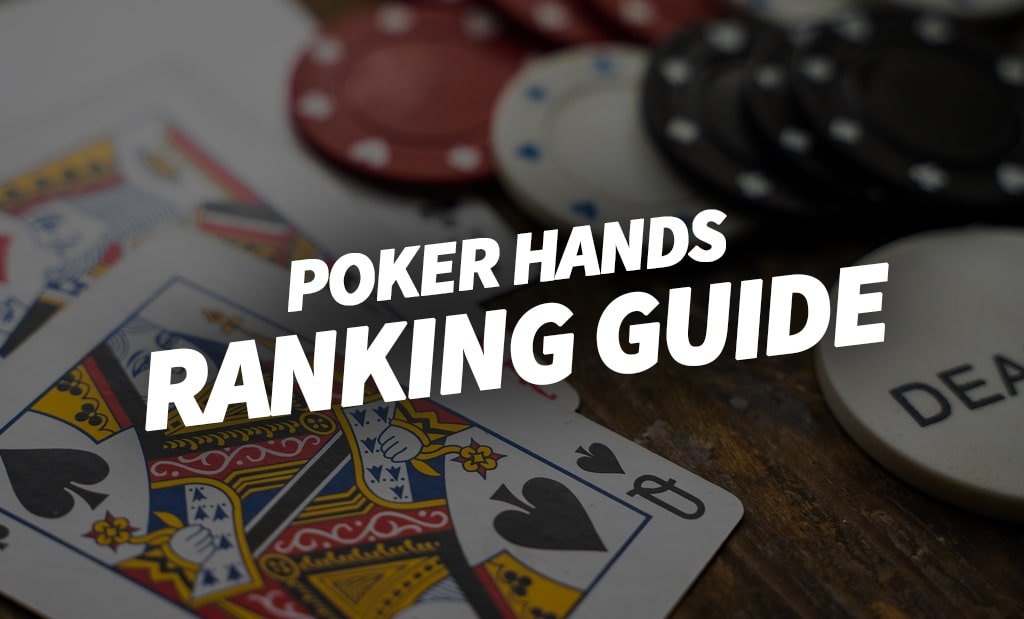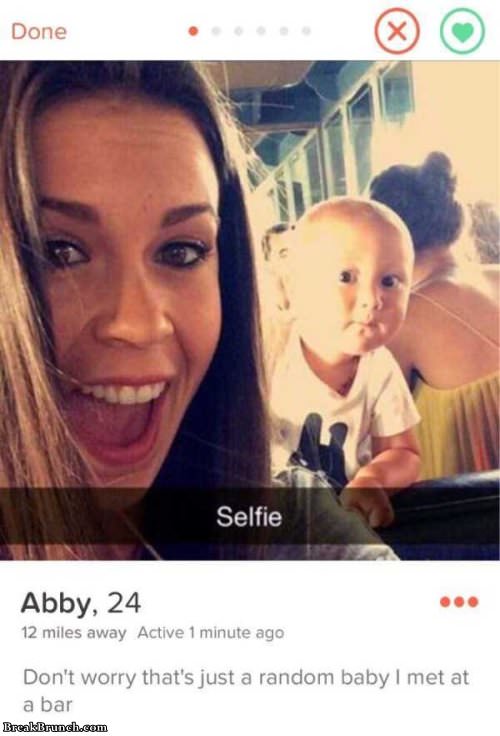List Of Texas Holdem Terms
Texas Hold’em has a stable full of wild and wooly terms, but before we take the bull by the horns, let’s start with the essential poker terms you need to know to navigate the Hold’em table, whether you’re playing in a land-based casino or at an online casino poker tournament. Browse the list of 191 Texas Hold 'em abbreviations with their meanings and definitions. List of most popular Texas Hold 'em terms updated in July 2020. Playing online poker in general, and Texas Hold’em in particular, is a very popular pastime. When you’re online, you may encounter abbreviations specific to the world of poker. To understand what other players are saying, get familiar with these online abbreviations: Abbreviation What It Means Abbreviation What It Means 86 To remove or ban ne1.

Texas Holdem Terms Slang

List Of Texas Holdem Terms Glossary
Terms
Texas Holdem Vocabulary

List Of Texas Holdem Terms List
- All In – When a player bets all of his/her remaining chips
- Ante – In No Limit Texas Hold’em Tournament play, the amount of chips charged per hand dealt (above and beyond the blinds) whether or not you decide to participate in the hand. Generally, there is no ante charged at the beginning levels. Charging antes helps play go faster.
- Bad Beat – Traditionally, a bad beat was when a stellar hand got beat by a lousy hand; like pocket Aces being beat by 8 3. The term is now used in other cases. For example, when a player with a great hand is beat by an even better hand. Having a Pr Ks beat by a Pr As is a standard beat but, having 4 of a kind beat by a Royal Flush, or a straight beat by a full house are bad beats. Players experience bad beats when an opponent needs a case card to beat them – and gets it. Another type of bad beat is when you are ahead, then behind, then ahead again, then you lose. Here’s an example of that on video, Marc Podell vs Tiffany Michelle in the 2008 Word Series of Poker. Marc’s starting hand of a pair of Tens is better than Tiffany Michelle’s suited connectors.
- Blank – A blank card is a card that does not help a player’s hand improve
- Blinds– Forced bets to ensure that there are chips in the pot (in case everyone folds). The blinds go into the pot before any cards are dealt. There is a Small blind and a Big blind. Examples are: $1/$2, $25/$50, $2000/$4000, $150,000/$300,000. In tournament play, the blinds are increased every 15, 20, 30, 60, 120 minutes, according to the tournament structure. Increasing the blinds ensures that the tournament will end. Without blinds, a player with only one chip could continue to fold hands indefinitely, and the end of the game could be prolonged for an extensive amount of time.
- Big Blind – The player sitting two to the left of the button (dealer) traveling clockwise around the table. This player is obligated to put the larger amount of the blinds into the pot before the hole cards are dealt. The Big Blind is the last to act (bet, raise, fold or call) pre-flop, and the second to act post-flop. The amount of the Big Blind is the minimum size bet a player can make.
- Small Blind – The player sitting to the left of the button (dealer) traveling clockwise around the table. This player is obligated to put the smaller amount of the blinds into the pot before the hole cards are dealt. The Small Blind is the next-to-the-last to act (bet, raise or call ) pre-flop, and the first to act post-flop.
Learn more about the Blinds.
- Board Person – The employee in the Poker Room who is responsible for maintaining the list of card games and limits in the Poker Room and registering players (collecting their money and seeing that they get chips) for the various games inside the Poker Room.
- Boat – see Full House
- Burn – These are the cards that the dealer puts to the side before dealing the flop, turn and river. The cards are “wasted” in order to ensure the no one has seen the top card in the deck.
- Button– A token (usually a white plastic disc) that moves clockwise around the table. The button moves one player to the left after each hand. The token indicates the ‘dealer’ for the current hand in order to place the Big Blind and Small Blind (that are to the left of the button). This happens even when there is an actual dealer, who is not participating in the poker game.
The Button moves from one player to the next so that the blinds are evenly distributed around the table and players have equal opportunity to play from different positions.
How is the initial button determined?
When a table first opens, a card is dealt in front of each player. The player who receives the highest ranking card is the button. If the card values are equal…Learn more about The Button. - Case ‘card’ – last ‘card of this amount’ in the deck; meaning there is only one (king, deuce, seven, ten) left in the deck and that is the one that a player needs to make a hand.
- Community Cards – the cards dealt face up to the middle of the table. Five cards are dealt to the middle in No Limit Hold’em – 3 for the Flop, 1 for the Turn, and 1 for the River.
- Computer Hand – Hole cards of Q 7
- Connectors – Hole cards of adjacent amounts like 8 9, 3 4, 5 6.
- Cowboys– aka Ace Magnets – Pair of Ks ()
- Cut-Off – The player one to the left of the dealer (button)
- Deuce – a 2
- Doyle Brunson Hand – 10 2
- Drawing Dead – When there are no cards that can come on the board that can improve your hand.
- Family Pot – When everyone at the table plays a round of betting. Somtimes used when “most” of the players at the table are in the hand.
- Flag(s) – $5,000 poker chip(s)
- Flatsaka Flat Calls– Player calls without raising or re-raising
- Fish – A bad player, oftentimes a beginner; an easy target for more experienced poker players
- Fold – Choosing to not play a hand or to discontinue playing a hand
- Flop – The first three community cards dealt face up to the middle of the table. Learn more about the Flop.
- Full House – aka Boat – Three of one card value and a pair of another. Example: In this amazing first hand of a $10K tournament, Sammy Farha gets a full house (Aces full of Tens) and Oliver Hudson gets a full house (Tens full of Aces). Sammy’s full house is better because he has three Aces. Sammy has The Nuts and Oliver ends up with a Bad Beat.
- Highway Patrol – 10 4
- Hole Cards – The two cards dealt to you face down. Learn more about the Hole Cards.
- Hooks – Pair of Js
- Ladies – Queens
- Limp In – Entering the pot by putting in the big blind (and not raising.) Limping in does not give other players any idea of what your hole cards might be. Players with strong hands like AA and KK sometimes ‘limp in’ in order to disguise the strength of their hand. See Slow Playing.
- Kicker – One of your hole cards. When players have a card in common (say you have AQ and another player has QJ), if the community cards do not enhance one of the hands or enhances both hands in the same way, the one with the higher kicker (the uncommon card) wins the hand (AQ).
- Kojac – KJ
- Muck Your Hand – Surrender your cards to the dealer face down and without showing them to other players. Tossing your cards in the middle without showing them.
- The Nuts – The very best 5-card hand that can be made combining a player’s hole cards and the community cards.
- Offsuit – aka Unsuited. Cards of different suits. Offsuit is sometimes designated by “o”, so 53o means a five and a three of different suits. Spoken like 5 (pause) 3 (pause) offsuit. Sometimes the “u” for Unsuited is used instead of the “o”.
- On Tilt – upset – maybe angry, disappointed or disgusted. A player who is emotionally affected by recent play. Players who are on tilt need time to recover because oftentimes when they play a hand while on tilt, they make bad choices.
- Pancake(s) – $25,000 poker chip(s)
- Rag – A weak kicker
- Rake – The dollar amount the Poker Room takes from each tournament entrant, or in cash games, from each hand. It is income to cover expenses of holding the tournament/game.
- River – aka Fifth Street – The fifth (and last) community card dealt. Learn more about the River.
- Rockets – aka Pocket Rockets and American Airlines – Pair As for hole cards
- Royal Flush – A K Q J 10 of the same suit. Two Royal Flush Examples at the WSOP.
- Runner Runner – When a player needs both the Turn and the River to be cards that will complete his/her hand.
- Stack – the amount of chips each player has
- Slow Playing – When a player has a big hand and does not bet nor raise in order to disguise the “strength” of his/her hand.
- Snow men – Pair of 8s
- Suited – Cards of the same suit
- TJ Cloutier hand – J 9 clubs
- Treys – a Pr of 3s
- Turn – aka Fourth Street – The fourth community card dealt. Learn more about the Turn.
- Rainbow – Flop of three different suits
- Under the gun – First to act (bet or call) after the hole cards have been dealt. This player is seated to the left of the Big Blind. Learn more about being Under The Gun.
- Unsuited – See Offsuit.
- Walking sticks – Pair of 7s
- Wheel – A 5-High Straight of mixed suits – 5 4 3 2 A. A wheel with cards all in the same suit is a Straight Flush that is also called a “steel wheel“.
- Worst hand in the deck – 7 2